UNITED NATIONS SECURITY COUNCIL
UNITED NATIONS SECURITY COUNCIL
The United Nations Security Council (UNSC) is one of the six principal organs of the United Nations (UN), responsible for ensuring international peace and security, recommending the admission of new UN members to the General Assembly, and approving any changes to the UN Charter. Its powers include establishing peacekeeping operations, enacting international sanctions, and authorizing military action. The UNSC is the only UN body with the authority to issue binding resolutions on member states.
Like the UN as a whole, the Security Council was created after World War II to address the failings of the League of Nations in maintaining world peace. It held its first session on January 17, 1946, but was largely paralyzed in the subsequent decades by the Cold War between the United States and the Soviet Union (and their allies). Nevertheless, it authorized military interventions in the Korean War and the Congo Crisis, as well as peacekeeping missions in Cyprus, West New Guinea, and the Sinai Peninsula. With the collapse of the Soviet Union, UN peacekeeping efforts increased dramatically, with the Security Council authorizing major military and peacekeeping missions in Kuwait, Namibia, Cambodia, Bosnia and Herzegovina, Rwanda, Somalia, Sudan, and the Democratic Republic of the Congo.
The Security Council at Trifecta ‘25 will be a dual delegation committee. In a dual delegation, two students act as a team and collectively represent a single entity (e.g., a country, an individual personality, or a role). In this case, the two students will represent one personality, which means:
The Format for Dual Delegates:
- Two people act as a team representing a country in the Security Council.
- This setup allows for collaborative decision-making, as the two delegates can share responsibilities, such as:
- One focuses on speeches and debates.
- The other engages in backdoor discussions, working on drafting resolutions, negotiating, or researching.
A rolling unmoderated room will be set up for backdoor/side diplomacy in an adjacent room. Unlike standard debate formats (such as moderated caucuses or formal debate), this setup promotes dynamic collaboration, negotiation, and alliance-building. Rolling unmoderated caucuses are especially effective in crisis-oriented councils like the Security Council, where rapid discussions and shifting alliances are crucial.
What This Means for Delegates:
- Collaboration is Key: Dual delegates must coordinate effectively to present a cohesive stance during debates and negotiations.
- Active Participation: Rolling unmoderated caucuses require delegates to be proactive, as there’s less structure and more emphasis on informal, direct communication.
- Crisis Readiness: The Security Council often deals with urgent and evolving scenarios, and the rolling unmoderated format allows delegates to address these issues dynamically.

